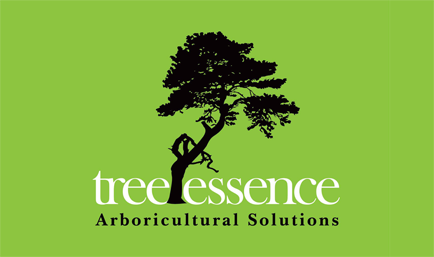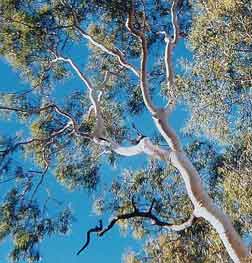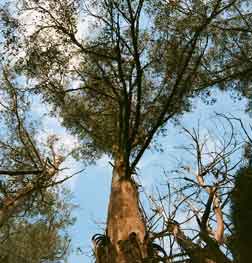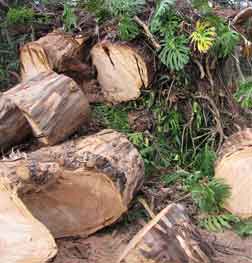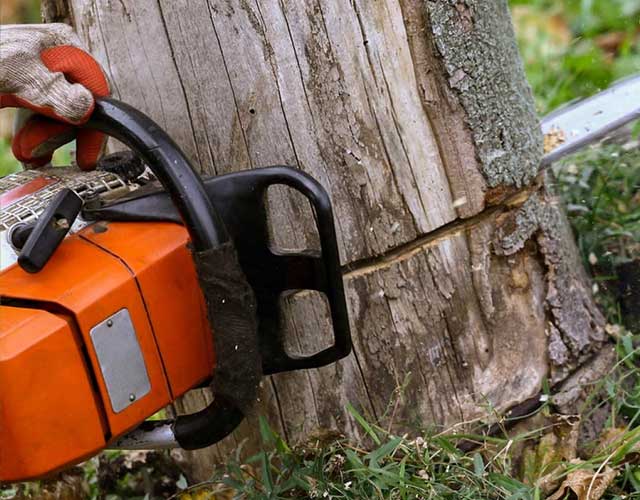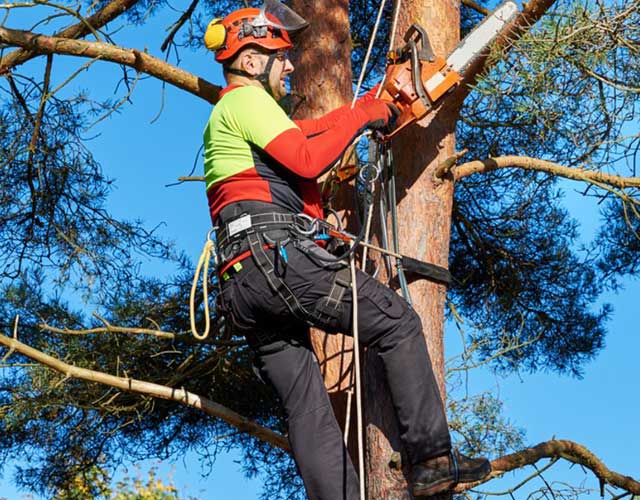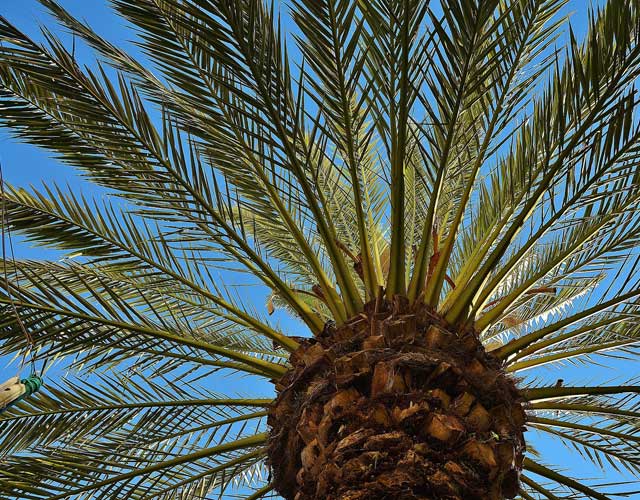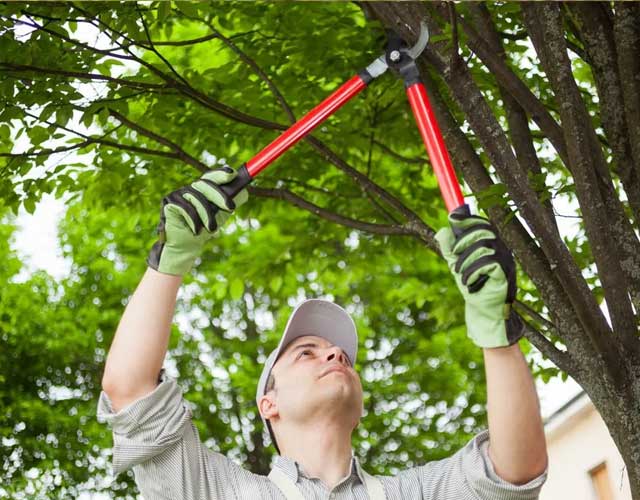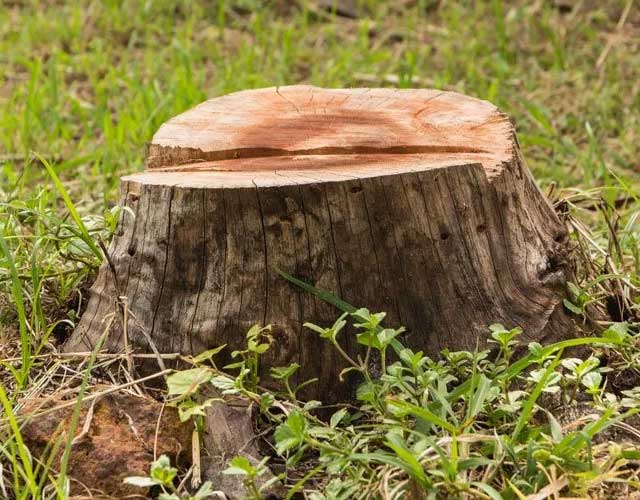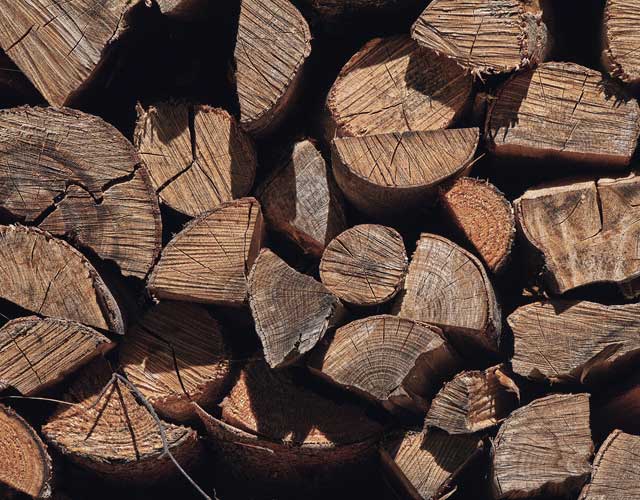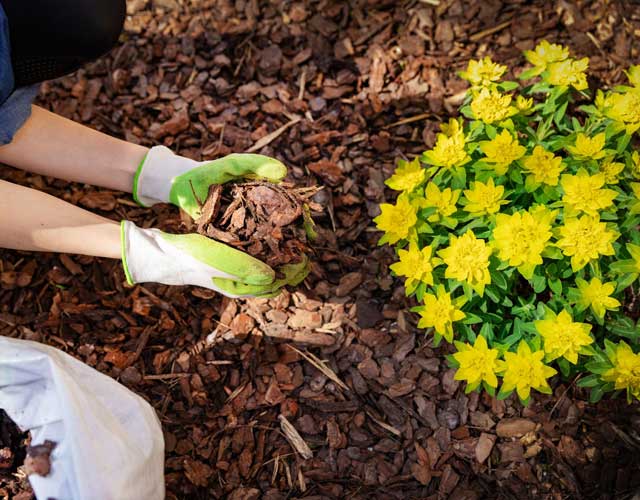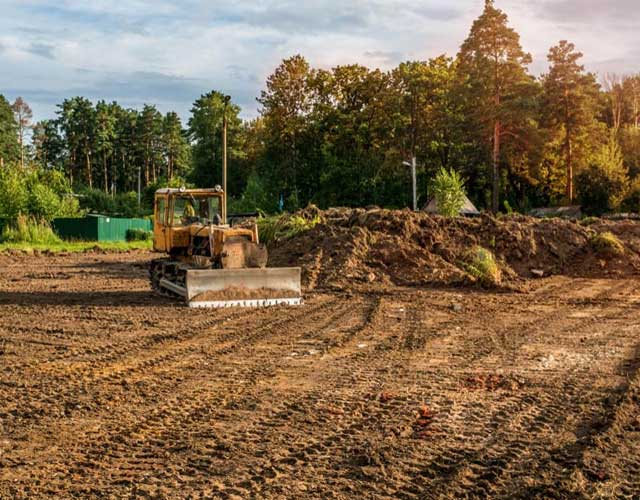Gold Coast Mulch Supplies
WELCOME TO
MULCH SUPPLIES ON THE GOLD COAST
Quality organic mulch is a gardener's best friend, offering a wide range of benefit's to home and commercial gardens. Mulch reduces maintenace and watering, in addition to releasing nutrients while decomposing, helping to develop a rich soil and healthy plants.
.Benefits of mulch
- Improves garden aesthetics
- Reduces soil erosion
- Improves water penetration
- Improves soil quality
- Stimulates microorganism activity
- Reduces maintenance, especially weed related
- Equalises soil temperature
- Improves air circulation
In a natural environment, forest floors are covered in a thick layer of decaying leaf litter, branches, twigs and organic material that is constantly decomposing, while adding essential nutrients to the soil.
Residential and commercial landscapes feature far harsher growing conditions including poor quality soils and minimal organic matter along with seasonal temperature fluctuations and irregular watering.
By applying a 50-100mm layer of quality organic mulch such as woodchip, a more natural environment is created which improves tree growth and general health, while reducing maintenance.
Inorganic Vs Organic Mulch
Mulches are available in either organic or inorganic forms. Inorganic mulches suit contemporary themed landscapes and include stone, rock, recycled rubber and glass. Inorganic mulches are long-lasting, though do not provide nutrients, organic materials or improved soil structures.
Gardeners, landscapers, arborists and horticulturals prefer organic mulches due to their long-term nutritional benefits. Some of the more popular mulches include:
- Hardwood Chip
- Aged Forest Mulch
- Pine Bark
- Fresh Forest Mulch
- Sugar Cane Mulch/Straw
- Tub Ground Mulch
Properties of good mulch
Which mulch is best? There are three very important properties of mulches. Firstly, their ability to reduce moisture evaporation from the soil. Secondly, their tendency to allow moisture to travel through to the soil, and not be soaked up by the mulch itself. And thirdly, the mulch's ability to allow airflows to the soil.
Experience has shown that chunky wood chip mulch greater than 15cm were best for allowing water/air to travel through, and for minimising evaporation. Mulches with high percentages of fine 2mm particles performed poorest on both accounts. Fine mulches absorb over four times more water than chunk mulches, which prevents rain or irrigation from reaching the soil.
In addition, finer mulches that do not drain well remain wet for long periods, which encourages root root and disease in surrounding trees and shrubs.
It is generally accepted that the coarser the mulch, the thicker the layer that can be applied. Chunky mulch can be applied at depths of 70mm to 100mm, whereas fine mulches can only be applied at depths of around 25mm to 40mm.
The ability to apply mulch in thicker layers increases the lifespan of the mulch layer, along with the time required before replenishnent.
Types of Mulch
Aged Forest Mulch
A by-product of the arborist/tree care industry, ages forest mulch is a combination of all tree materials, including leaves, branches, limbs and trunks, that have been put through a mulching machine, then stored for 12 months to begin decomposition.
As the mulch has "aged", the addition of nitrogen-based fertiliser is not required.
Wood Chips
Chunky wood chips make good mulch as they perform well due to their relatively long life, good drainage, soil moisture retention and air flow.
Wood chips draw nitrogen from the soil as they decompose, so a nitrogen-based fertiliser such as Blood and Bone should be sprinkled across the ground prior to applying the mulch.
Chunky Pine Bark
Chunky bark has similar favourable properties as wood chip including good air flow, drainage, and soil moisture retention, however bark doesn't last as long as the wood chip. Application of a nitrogen-based fertisliser to assist in decomposition is also recommended.
Fresh Forest Mulch
Similar to aged Forest Mulch, though freshly mulched. This is normally inexpensive, though being of light density, reduces in volume quickly due to moisture loss and settling. Requires nitrogen-based fertiliser such as Blood and Bone to assist with decomposition.
Fresh mulch should be left to sit in a heap for 12 months, turning over every now and then, This will initiate decomposition, and drain tannins from the mulch. Tannins can be harmful to plants, and will stain porous surfaces such as concrete or sandstone.
Sugar Cane Mulch/Straw
Sugar Cane mulch and straw are waste from harvesting. They have a high nitrogen content and break down quickly adding humus to the soil. Needing to be topped up regularly, their best use is around flower beds, wegetable gardens and fruit trees.
Tub Ground Mulch
All organic matter and general waste from land clear sites is put through a huge grinder that produces a stringy, ordinary looking mulch riddled with plastic, glass, rubber and metals. Very poor quality and lowly rated on the most horticultural fronts, this is best left composting for 12+ months, then used as a soil conditioner.
Where to buy mulch
Our Tree Service operators and arborists can supply Chunky Wood Chip and fresh Forest Mulch direct for their jobs. Some also supply aged forest mulch in large quantities. Please use the contact details above.
Bagged and trailer load mulch is readily available from your local landscape supplier.




